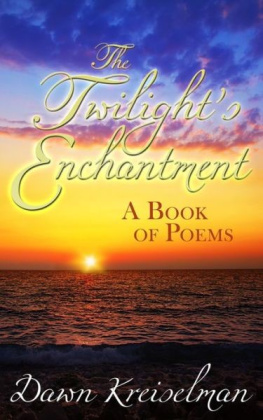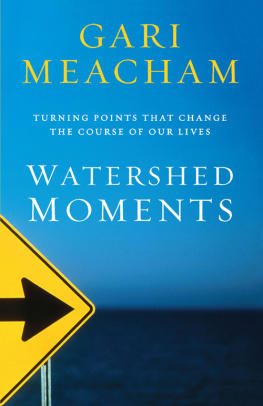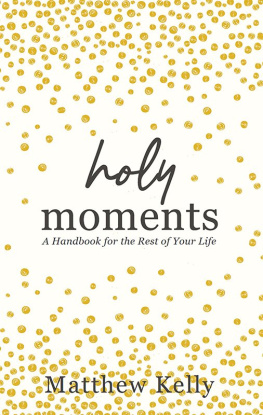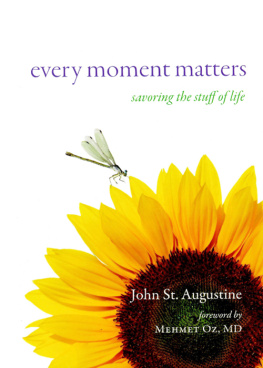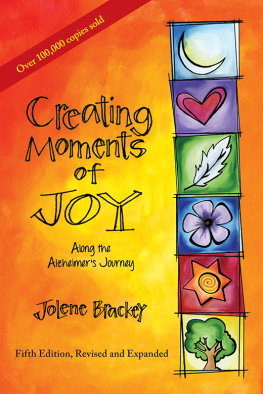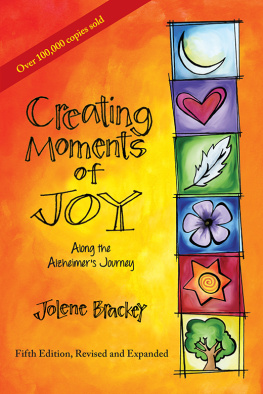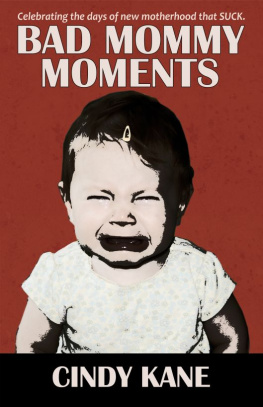TWILIGHT OF THE DAWN
By Dean R. Koontz
SOMETIMES YOU CAN BE THE BIGGEST JACKASS WHO EVER LIVED," MY wife said the night that I took Santa Claus away from my son.
We were in bed, but she was clearly not in the mood for either sleep or romance.
Her voice was sharp, scornful. "What a terrible thing to do to a little boy."
"He's seven years old-"
"He's a little boy," Ellen said harshly, though we rarely spoke to each other in anger. For the most part ours was a happy, peaceful marriage.
We lay in silence. The drapes were drawn back from the French doors that opened onto the second-floor balcony, so the bedroom was limned by ash-pale moonlight. Even in that dim glow, even though Ellen was cloaked in blankets, her anger was apparent in the tense, angular position in which she pretended to seek sleep.
Finally she said, "Pete, you used a sledgehammer to shatter a little boy's fragile fantasy, a harmless fantasy, all because of your obsession with-"
"It wasn't harmless," I said patiently. "And I don't have an obsession."
"Yes, you do," she insisted.
"I simply believe in rational-"
"Oh, shut up."
"Won't you even talk to me about it?"
"No. It's pointless."
I sighed. "I love you, Ellen."
She was silent a long while.
Wind soughed in the eaves, an ancient voice.
In the boughs of one of the backyard cherry trees, an owl hooted.
At last Ellen said, "I love you too, but sometimes I want to kick your ass."
I was angry with her because I felt that she was not being fair, that she was allowing her least admirable emotions to overrule her reason. Now, many years later, I would give anything to hear her say that she wanted to kick my ass, and I'd bend over with a smile.
* * *
From the cradle, my son, Benny, was taught that God did not exist under any name or in any form, and that religion was the refuge of weak-minded people who did not have the courage to face the universe on its own terms. I would not permit Benny to be baptized, for in my view that ceremony was a primitive initiation rite by which the child would be inducted into a cult of ignorance and irrationality.
Ellen - my wife, Benny's mother - had been raised as a Methodist and still was stained (as I saw it) by lingering traces of faith. She called herself an agnostic, unable to go further and join me in the camp of the atheists. I loved her so much that I was able to tolerate her equivocation on the subject. Nevertheless, I had nothing but scorn for others who could not face the fact that the universe was godless and that human existence was nothing more than a biological accident.
I despised all who bent their knees to humble themselves before an imaginary lord of creation: all the Methodists and Lutherans and Catholics and Baptists and Mormons and Jews and others. They claimed many labels but in essence shared the same sick delusion.
My greatest loathing was reserved, however, for those who had once been clean of the disease of religion, rational men and women, like me, who had slipped off the path of reason and fallen into the chasm of superstition. They were surrendering their most precious possessions - their independent spirit, self-reliance, intellectual integrity - in return for half-baked, dreamy promises of an afterlife with togas and harp music. I was more disgusted by the rejection of their previously treasured secular enlightenment than I would have been to hear some old friend confess that he had suddenly developed an all-consuming obsession for canine sex and had divorced his wife in favor of a German-shepherd bitch.
Hal Sheen, my partner with whom I had founded Fallon and Sheen Design, had been proud of his atheism too. In college we were best friends, and together we were a formidable team of debaters whenever the subject of religion arose; inevitably, anyone harboring a belief in a supreme being, anyone daring to disagree with our view of the universe as a place of uncaring forces, any of that ilk was sorry to have met us, for we stripped away his pretensions to adulthood and revealed him for the idiot child that he was. Indeed, we often didn't even wait for the subject of religion to arise but skillfully baited fellow students who, to our certain knowledge, were believers.
Later, with degrees in architecture, neither of us wished to work with anyone but each other, so we formed a company. We dreamed of creating brawny yet elegant, functional yet beautiful buildings that would delight and astonish, that would win the admiration of not only our fellow professionals but the world. And with brains, talent, and dogged determination, we began to attain some of our goals while we were still very young men. Fallon and Sheen Design, a wunderkind company, was the focus of a revolution in design that excited university students as well as longtime professionals.
The most important aspect of our tremendous success was that our atheism lay at the core of it, for we consciously set out to create a new architecture that owed nothing to religious inspiration. Most laymen are not aware that virtually all the structures around them, including those resulting from modern schools of design, incorporate architectural details originally developed to subtly reinforce the rule of God and the place of religion in life. For instance, vaulted ceilings, first used in churches and cathedrals, were originally intended to draw the gaze upward and to induce, by indirection, contemplation of Heaven and its rewards. Underpitch vaults, barrel vaults, grain vaults, fan vaults, quadripartite and sexpartite and tierceron vaults are more than mere arches; they were conceived as agents of religion, quiet advertisements for Him and for His higher authority. From the start, Hal and I were determined that no vaulted ceilings, no spires, no arched windows or doors, no slightest design element born of religion would be incorporated into a Fallon and Sheen building. In reaction we strove to direct the eye earthward and, by a thousand devices, to remind those who passed through our structures that they were born of the earth, not children of any God but merely more intellectually advanced cousins of apes.
Hal's reconversion to the Roman Catholicism of his childhood was, therefore, a shock to me. At thirty-seven, when he was at the top of his profession, when by his singular success he had proven the supremacy of unoppressed, rational man over imagined divinities, he returned with apparent joy to the confessional, humbled himself at the communion rail, dampened his forehead and breast with so-called holy water, and thereby rejected the intellectual foundation on which his entire adult life, to that point, had been based.
The horror of it chilled my heart, my marrow.
For taking Hal Sheen from me, I despised religion more than ever. I redoubled my efforts to eliminate any wisp of religious thought or superstition from my son's life, and I was fiercely determined that Benny would never be stolen from me by incense-burning, bell-ringing, hymn-singing, self-deluded, mush-brained fools. When he proved to be a voracious reader from an early age, I carefully chose books for him, directing him away from works that even indirectly portrayed religion as an acceptable part of life, firmly steering him to strictly secular material that would not encourage unhealthy fantasies. When I saw that he was fascinated by vampires, ghosts, and the entire panoply of traditional monsters that seem to intrigue all children, I strenuously discouraged that interest, mocked it, and taught him the virtue and pleasure of rising above such childish things. Oh, I did not deny him the enjoyment of a good scare, because there's nothing essentially religious in that. Benny was permitted to savor the fear induced by books about killer robots, movies about the Frankenstein monster, and other threats that were the work of man. It was only monsters of satanic and spiritual origins that I censored from his books and films, because belief in things satanic is merely another facet of religion, the flip side of God worship.
Next page
